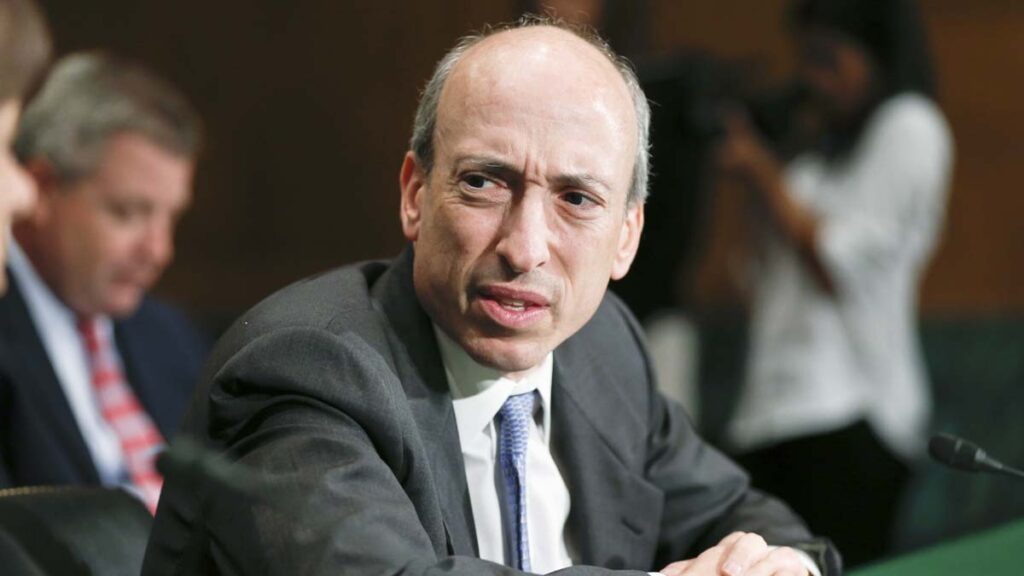TL;DR
- Gary Gensler criticizes the lack of transparency in the crypto market, showing ignorance about its benefits.
- It highlights the lack of required disclosures for investors in the market.
- The SEC is taking action against entities such as Robinhood and Trump Media’s auditor for alleged irregularities.
Gary Gensler, chairman of the United States Securities and Exchange Commission (SEC), has generated controversy for his critical stance towards the cryptocurrency market, emphasizing the lack of transparency of this emerging market.
During an interview on “Squawk Box,” Gensler mentioned the SEC’s notification to Robinhood, stating that the agency is closely monitoring regulatory compliance in the cryptocurrency market.
The discussion on cryptocurrency regulation also addressed the case of Consensys, a company that has sued the SEC.
Regarding the action against Trump Media‘s auditor for alleged serious financial irregularities, Gensler highlighted the SEC‘s involvement in investigating and taking action against fraudulent activities in the financial markets, including the emerging cryptocurrency market.
Gensler noted that unlike other more traditional financial markets, cryptocurrency investors are not receiving the disclosures necessary to make informed decisions.
Their lack of knowledge about the democratization of investments that cryptocurrencies offer is evident, since they allow people from all over the world to participate in financial markets previously inaccessible due to geographical or economic barriers.
Cryptocurrencies provide freedom to invest safely and privately
Users have direct control over their assets without relying on costly and often opaque intermediaries, as is the case with traditional financial institutions.
This autonomy provides greater confidence and security in financial transactions, a key aspect in a digital and globalized world.
The crypto market, operating 24 hours a day and 7 days a week, allows investors to access real-time opportunities and participate in global markets without geographical restrictions.
This accessibility is essential to foster financial inclusion and expand investment opportunities for individuals and companies around the world, democratizing access to financial services.
Another fundamental aspect is the technological innovation driven by the market, especially through blockchain technology.
This technology not only offers transparency, security and decentralization, but also facilitates the creation of new business models and the transformation of sectors such as finance and logistics.
These features are essential to combating fraud and improving market integrity, aspects that Gensler and other authorities should consider when discussing regulations in the blockchain space.











